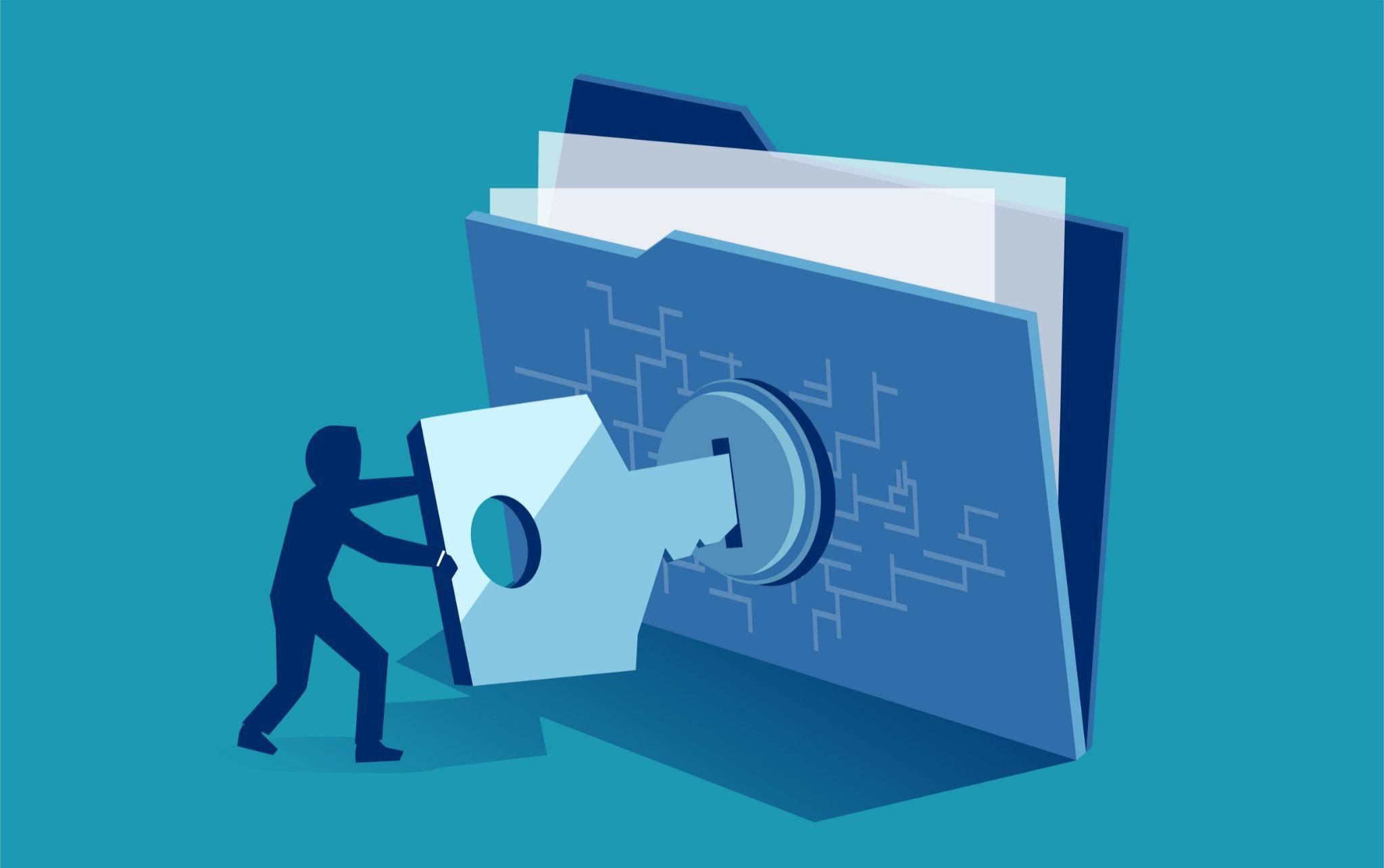All industries face the threat of cyberattacks. However, some are more targeted than others. The healthcare sector is among the fields mostly preyed on by hackers. This is mainly because medical facilities usually hold valuable data that criminals can sell. Many institutions in this industry don’t prioritize cybersecurity, making them more vulnerable to hackers.
The number of medical facilities that experience cyberattacks keeps rising each year. This is because improved technology makes it possible for criminals to continually find new ways to exploit the weaknesses of healthcare systems, networks, and hardware.
As a result, medical facilities need to stay vigilant, and should practice efficient preventative measures to safeguard their data. If you’re looking for strategies to protect the information in your healthcare institution, below are some helpful methods you could consider:
1. Regularly Conduct Security Risk Analysis
Some countries have laws that require medical facilities to protect patients’ confidential information. For instance, in the United States, there’s the Health Insurance Portability and Accountability Act (HIPAA). This federal statute requires every entity dealing with Protected Health Information (PHI) to ensure that patients’ data is kept safe. Also, it provides that all medical facilities shouldn’t reveal confidential medical records to any other party without their owner’s knowledge or consent.
As a healthcare facility, HIPAA requires you to conduct annual risk evaluations to ensure you meet the set standards for PHI security. To ensure HIPAA Compliance in your hospital, clinic, or pharmacy, consider assessing your systems yearly. These evaluations should focus on detecting potential threats and identifying more efficient ways to secure PHI data in your facility.
2. Allocate More Funds for Cybersecurity
As mentioned above, a known cause for the high rate of cyberattacks in healthcare facilities is the failure to allocate enough money for cybersecurity. It’s advisable to set aside sufficient funds for the Information Technology (IT) department to ensure it has efficient tools to protect patients’ sensitive data.
For this division, ensure you hire a trained and well-experienced team to run it. These professionals are sufficiently knowledgeable on the best ways to protect data from breaches. In cases where a cyberattack isn’t preventable, they know the most efficient tactics to minimize its negative effects.
Besides that, these experts could also help by constantly monitoring your systems, networks, and hardware. This way, they’ll easily detect any potential threats and take proper action to prevent a data breach before it even happens.
3. Limit the Accessibility of the Health Records
A few years ago, medical institutions stored patients’ data manually in files and cabinets. However, that has changed. Today, information in healthcare facilities is stored digitally. This ensures easy and fast access to data. However, these electronic records are also at a higher risk of breaches.
In a health facility, there are usually several professionals working with patients’ digital information. This increases the risk of breaches because hackers will have more openings to explore. To ensure that your data is less vulnerable to breaches, it’s advisable to limit the accessibility of health records in your facility. It’s also essential to manage and carefully monitor information users. To do this, ensure that you grant each employee access to the specific data that they need to use.
Make sure you also keep an eye on devices that are utilized to access health records within the organization. Ensure everyone follows the set procedures for signing in or out of work machines and the company’s system. Develop measures for non-compliance to ensure everyone is in line with your cybersecurity goal.
4. Staff Education
Besides exploiting the vulnerabilities of hardware, networks, and systems, hackers also target unsuspecting workers. For instance, if an employee can’t identify a suspicious email, they could clink on links or attachments provided in them, installing malware into the company’s hardware. If workers aren’t aware of some of the latest cyber attacks like social engineering, they could easily fall prey to hackers.
It’s vital to make sure that all the employees in your health care facility are trained on the best practices to protect data. This will help ensure efficient information security and also reduce the risk of data breaches.
For maximum protection of patients’ data, consider holding training sessions at least twice every year. This way, you’ll educate your employees about the most recent tactics being used by hackers, and you’ll ensure enhanced data security in your medical facility.
Endnote
The healthcare sector may be among the most targeted industries by hackers. This is because they hold information that’s usually worth a lot of money if sold. Besides that, many medical centers don’t prioritize cybersecurity, which leaves them at a higher risk of being attacked.
In this article, you’ve learned about some of the most efficient measures medical facilities could consider to ensure maximum protection of sensitive PHI. Some of the tactics suggested above include: regularly conducting security risk assessments and allocating more funds for cybersecurity. Apart from these two, limiting the accessibility to health records and training staff members can also help.





